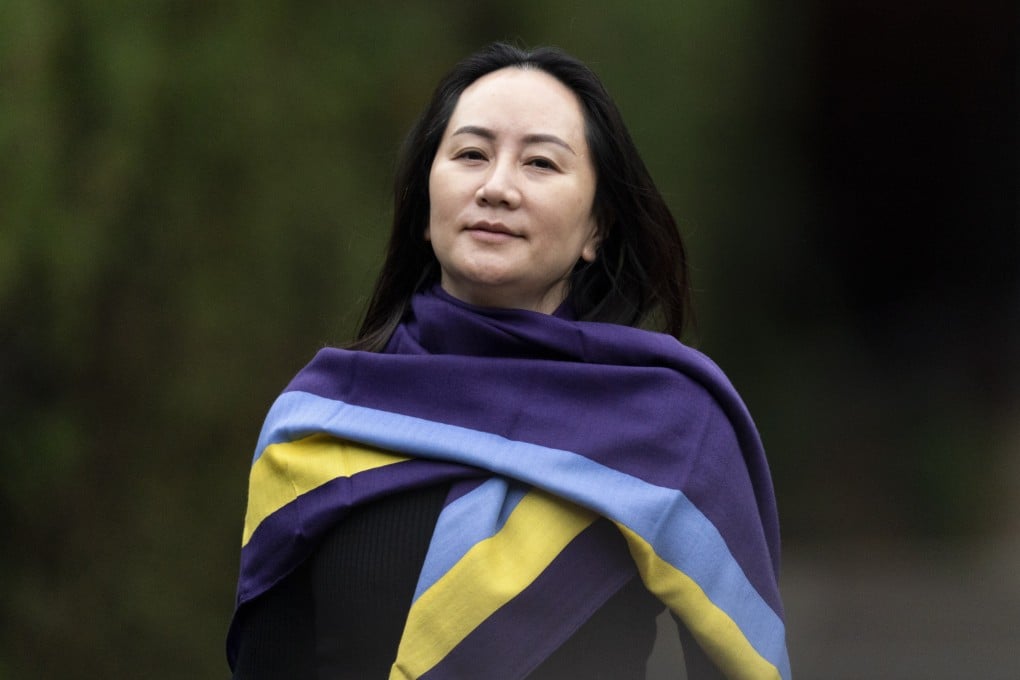Canada border officer denies police directed handling of Huawei’s Meng Wanzhou, undermining her claims of covert plot
- Border officer Scott Kirkland said he was ‘in shock’ when he realised the impending magnitude of the Huawei executive’s case
- He rejected a central plank of Meng’s efforts to avoid extradition to the US, by saying police played no role in her admissibility examination

Wednesday’s testimony by Canadian Border Services Agency (CBSA) officer Scott Kirkland appeared to undermine a key argument of Meng’s lawyers in her extradition case, in the Supreme Court of British Columbia in Vancouver.
Her lawyers depict Meng’s handling before her arrest on December 1, 2018, as part of a covert plot involving the CBSA and the Royal Canadian Mounted Police (RCMP), directed by US authorities, to gather evidence for the American fraud case against her. That alleged plot included the decision to delay Meng’s arrest for more than three hours after she got off her flight from Hong Kong, to allow border officers to question her and seize her electronic devices and obtain their passwords for the Americans.
But Kirkland said the RCMP played no role in the interception of Meng, nor in deciding how the inspection was conducted, he said.
“We made it explicit to them [the RCMP] that they were not to be involved, that they were to observe, and that’s it,” Kirkland told crown counsel Diba Majzub, representing US interests in the case. Kirkland said he had no communication with foreign law enforcement about Meng.
Although a note with the passwords for Meng’s devices, written by Kirkland, ended up in RCMP hands, this was a mistake, he testified.